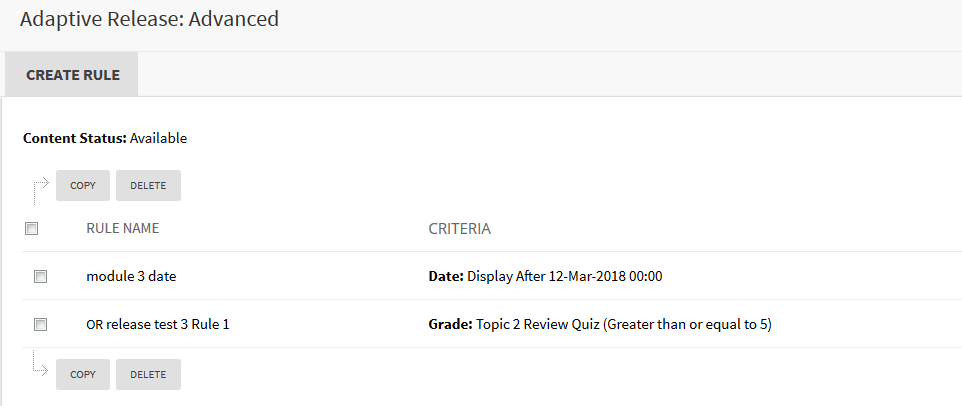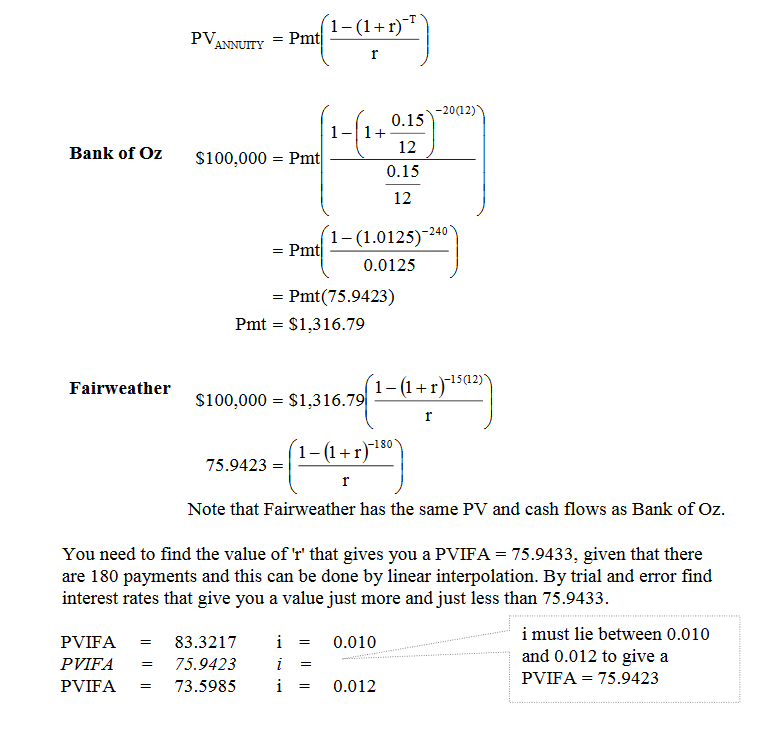FIN516 - Corporate Finance
Ruhina Karim
The FIN516 case study features these OLM elements: Teacher Presence, E-Assessment, Interaction with the professions, and Flexible and adaptive learning. These elements are not present in isolation from each other. A combination of elements provide multiple strategies for subject implementation and often overlap and interconnect. The case study showcases these elements and attempts to reveal how vital it is we understand how they may co-exist and work together to improve engagement and enhanced learning outcomes.
Adaptive Release, Auto Marked Quizzes, Automated Feedback, Individualised Tasks, Practice Focused Tasks,
FIN516 Corporate Finance explores the key financial decisions faced by businesses in a modern economy. These decisions relate to funding business operations, evaluating investment proposals and the distribution of profits to providers of funds. It provides the basic concepts and theory for further studies in finance.
The FIN516 case study features these OLM elements: Flexible and Adaptive Learning, E-Assessment and Interactive Resources. These elements are not present in isolation from each other. A combination of elements provide multiple strategies for subject implementation and often overlap and interconnect. The case study showcases these elements and attempts to reveal how vital it is we understand how they may co-exist and work together to improve engagement and enhanced learning outcomes.
Adaptive release of content
The use of adaptive release in this case, was to provide flexible delivery of content and to support students in this subject who were not completing the end of topic quizzes, formative, non-graded tasks designed to provide practice and revision of skills. There is a strong correlation between those who do not complete the end of topic quizzes, and those who struggle with the assessable tests and exam. Student evaluation survey data from pre and post implementation for this subject showed 11% decrease in Fails and over 25% increase in Distinctions. As each topic builds on previous knowledge, the non-graded revision quizzes provide the opportunity for instant feedback to identify and correct misconceptions and improve future assessment performances.
Content release in FIN516 utilised 2 adaptive rules. It was designed for release on both a score of the previous topic quiz (50%) and the date that the topic would normally be studied in the usual 14 week cycle (so no-one is disadvantaged). Students can accelerate through a topic and are in control of their learning and developing skill level. The unlimited attempts allowed students the freedom to test their knowledge and return to the test during the session for revision and exam preparation.

Quizzes, Individualised Tasks
Using a scoring system many quiz based learning technologies can provide auto-marking and automated feedback. The use of scoring can help motivate students as it introduces an element of competition, whether it is with themselves or with others. The element of competition encourages multiple attempts to achieve mastery. There is also the reduction of anxiety as the students get to play with the tools, environment and practice the types of questions that they will have in their summative assessments.
A pool of questions was set up using calculated formulas type questions. Each question in the pool has placeholders that can be substituted, which allows for an exponential number of question variations for students to practice. Question sets were then created in the tests to draw from these pools of calculated questions, so any attempt would result in individualised practice focused tasks.

Practice Focused Tasks, Individualised Tasks, Auto Marked Quizzes, Automated Feedback
Assignment 1 - Digital Artefact
Smart Sparrow lessons were developed for presumed skills and knowledge development. There are practice questions with worked answers and detailed feedback which walked students’ through scenarios. Variables were created to hold the values of student’s calculations which were then used in subsequent workings. Feedback allowed students to adjust their answers or to carry their answers through the scenario to discover the consequences of incorrect calculations.
Practice Focused Tasks, Individualised Tasks, Automated Feedback